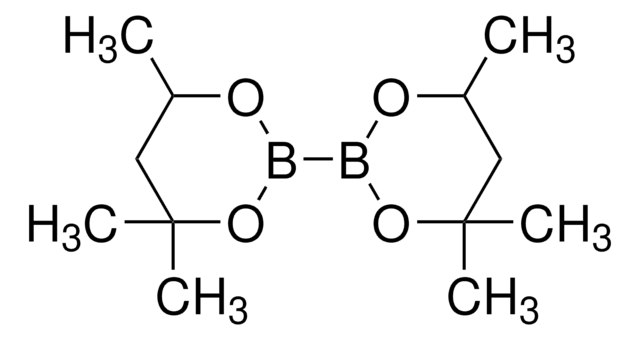529303
Iron(III) nitrate nonahydrate
≥99.999% trace metals basis
Synonym(s):
Ferric nitrate nonahydrate
About This Item
Recommended Products
Assay
≥99.999% trace metals basis
form
solid
impurities
≤10.0 ppm Trace Metal Analysis
mp
47 °C (lit.)
application(s)
battery manufacturing
SMILES string
O.O.O.O.O.O.O.O.O.[Fe+3].[O-][N+]([O-])=O.[O-][N+]([O-])=O.[O-][N+]([O-])=O
InChI
1S/Fe.3NO3.9H2O/c;3*2-1(3)4;;;;;;;;;/h;;;;9*1H2/q+3;3*-1;;;;;;;;;
InChI key
SZQUEWJRBJDHSM-UHFFFAOYSA-N
Looking for similar products? Visit Product Comparison Guide
Related Categories
Application
Signal Word
Danger
Hazard Statements
Precautionary Statements
Hazard Classifications
Eye Dam. 1 - Skin Corr. 1B
Storage Class Code
8A - Combustible corrosive hazardous materials
WGK
WGK 1
Flash Point(F)
Not applicable
Flash Point(C)
Not applicable
Personal Protective Equipment
Certificates of Analysis (COA)
Search for Certificates of Analysis (COA) by entering the products Lot/Batch Number. Lot and Batch Numbers can be found on a product’s label following the words ‘Lot’ or ‘Batch’.
Already Own This Product?
Find documentation for the products that you have recently purchased in the Document Library.
Customers Also Viewed
Articles
Prof. Randal Lee discusses iron oxide magnetic nanospheres and nanocubes design considerations for biosensing applications.
Prof. Randal Lee discusses iron oxide magnetic nanospheres and nanocubes design considerations for biosensing applications.
Prof. Randal Lee discusses iron oxide magnetic nanospheres and nanocubes design considerations for biosensing applications.
Prof. Randal Lee discusses iron oxide magnetic nanospheres and nanocubes design considerations for biosensing applications.
Our team of scientists has experience in all areas of research including Life Science, Material Science, Chemical Synthesis, Chromatography, Analytical and many others.
Contact Technical Service












